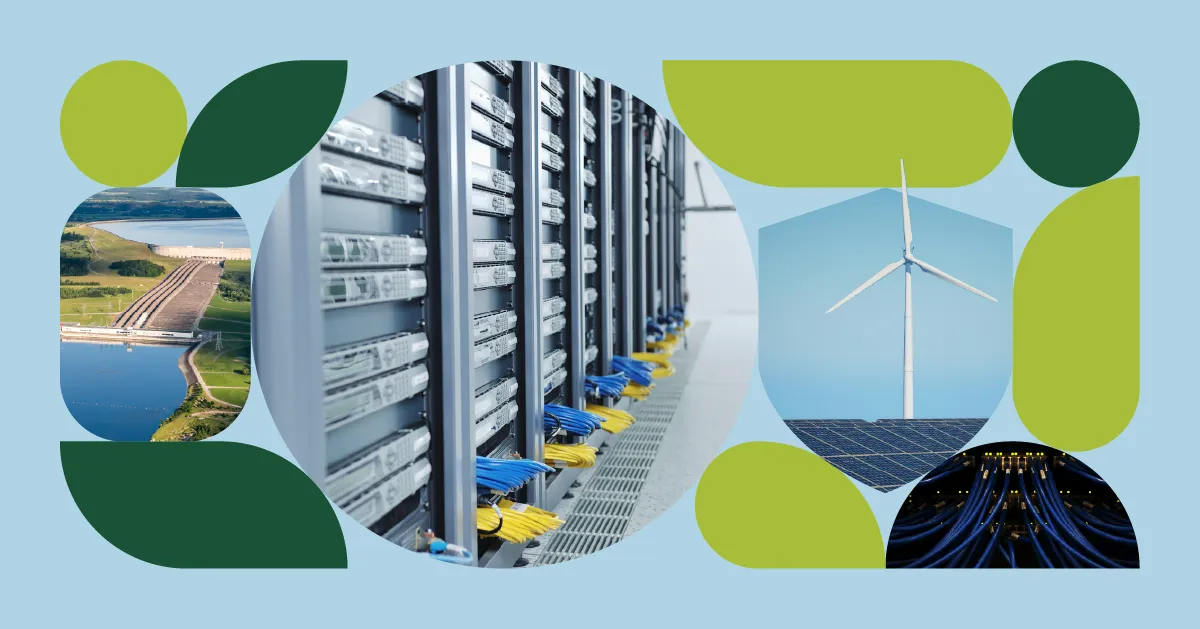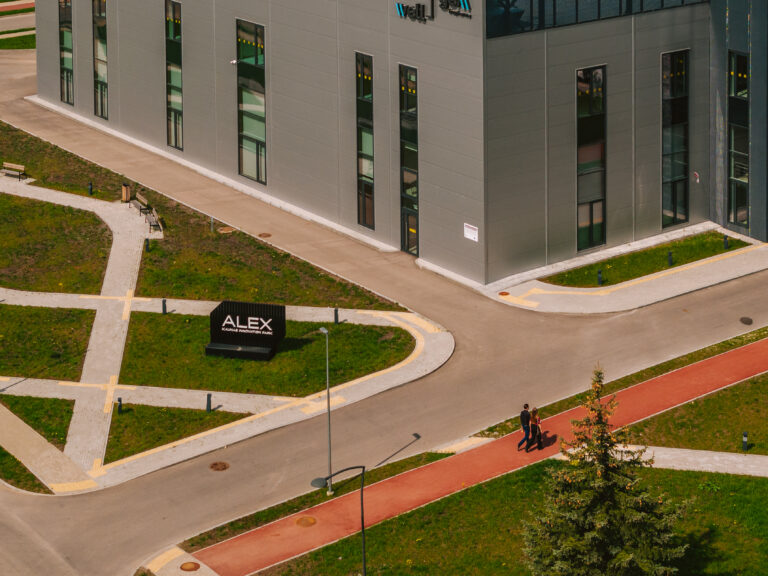This opinion piece was written by the Minister of the Economy and Innovation of the Republic of Lithuania and was originally published by fDi Intelligence on April 8th.
To paraphrase the famous Silicon Valley investor Marc Andreessen, artificial intelligence (AI) is eating the world. For better or worse, the technology is transforming every facet of human experience, and has sparked a type of arms race between large companies and countries trying to outperform each other across a whole range of benchmarks.
But this race faces a critical bottleneck. Where to build the physical infrastructure that powers it all? In North America, hyperscalers no longer cluster exclusively in Virginia’s Data Centre Alley, but are moving to once overlooked regions — and trying to restart decommissioned nuclear plants — as they scramble for space and energy.
Europe sees a similar trend, where the FLAP-D markets — Frankfurt, London, Amsterdam, Paris, Dublin — are bursting at the seams, prompting the rise of new locations like Aragon in Spain and the north of England. In Lithuania, we have a track record of seizing sectoral opportunities, which shows that our bid to join this pack is not just wishful thinking.
Nimble and opportunistic
Making room for AI data centres is the next logical step in a pattern that we in Lithuania have established, whereby we identify strategic opportunities and move quickly to capture them while they are still on the table. Let me share what I mean.
When Brexit threatened to cut UK fintech companies off from the EU market, we saw an opening. We streamlined regulations, slashed red tape and created a fintech-friendly ecosystem. Today, we host more than 280 fintechs, making us the EU’s largest fintech hub by the number of licensed entities.
When Russia’s invasion of Ukraine created urgent demand for defence manufacturing on Nato’s eastern flank, we didn’t hesitate. We simplified export regulations to Ukraine, provided financial incentives and eliminated bureaucratic hurdles. German defence giant Rheinmetall responded with major investments in Lithuanian production facilities.













